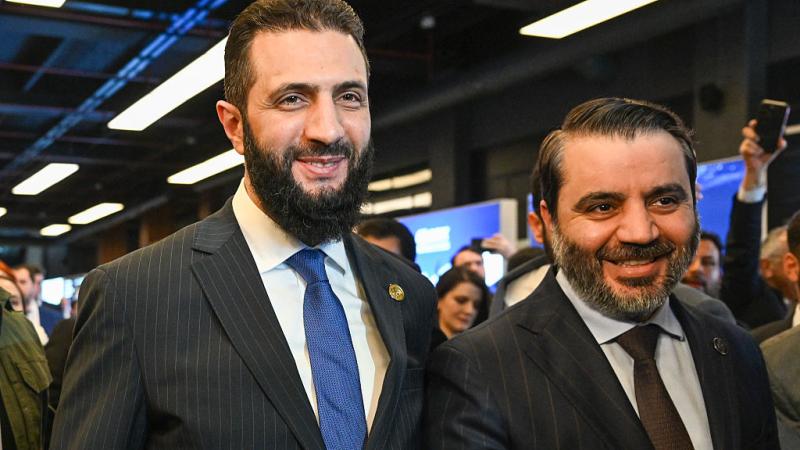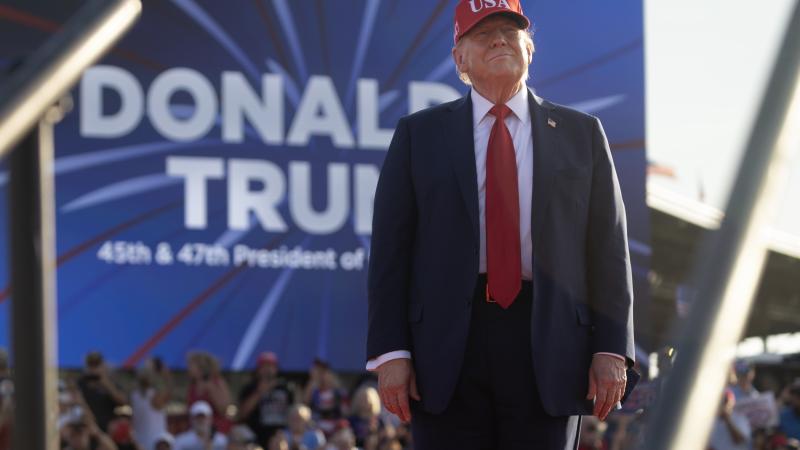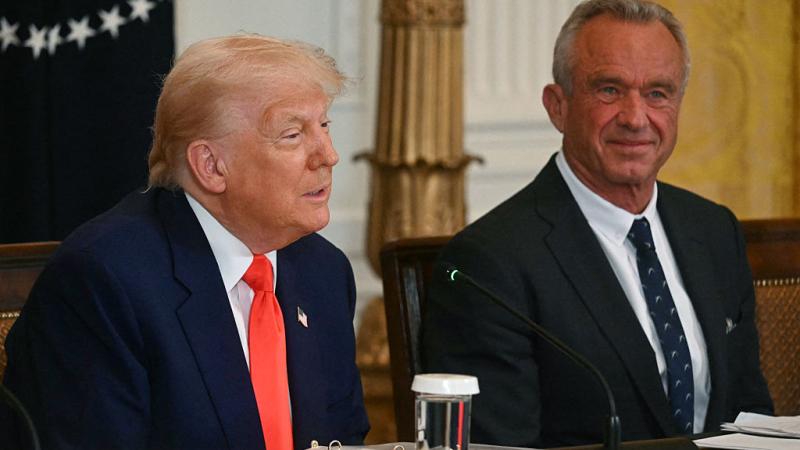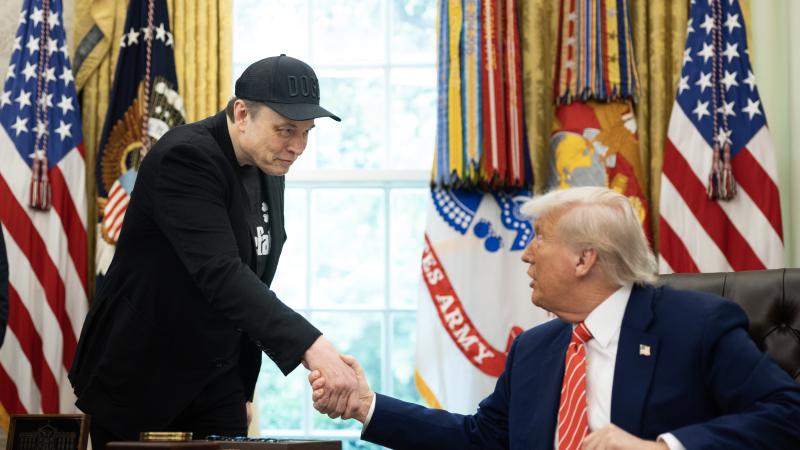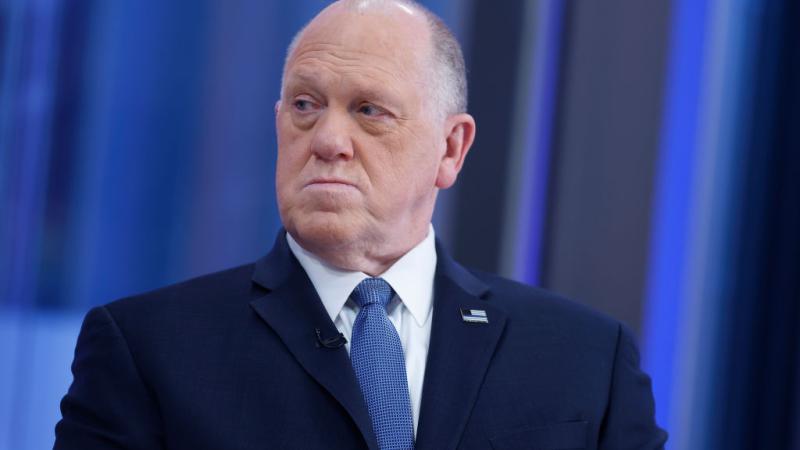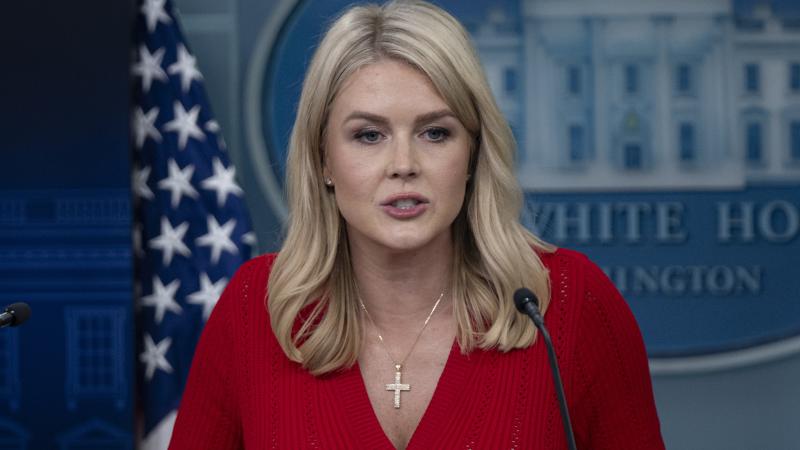Assange wins initial stage of legal effort to oppose U.S. extradition
Assange's battle to avoid a U.S. trial on espionage charges continues, after WikiLeaks published classified U.S. military docs in 2010
WikiLeaks founder Julian Assange on Monday won the first part of his legal battle to overturn a U.K. court ruling that opened the way for his extradition to the U.S., where he would stand trial on espionage charges.
The High Court in London granted Assange permission to appeal his case to the U.K. Supreme Court, though the Supreme Court must agree to hear the case before it can move forward, according to the Associated Press.
"Make no mistake, we won today in court," said Stella Morris, Assange's fiancee.
The High Court typically requires about two months to decide whether it will accept an appeal case.
Last year, a London district court judge rejected an extradition request from the U.S. on the grounds that he believed Assange might kill himself if subjected to the harsh circumstances of U.S. prison conditions. Last month, the High Court overturned that ruling.
Despite retroactive assurances from the U.S. that the WikiLeaks founder would not face the severe treatment, Assange's lawyers will now argue extradition will put their client's physical and mental health in jeopardy and the U.S. government's promise is meaningless due to its conditional nature.
The U.S. has been fighting for Assange's extradition so that he can stand trial on 17 charges of espionage and one charge of computer misuse in connection to the publication of thousands of leaked, classified military and government affairs documents
Since 2019, Assange has been held at Belmarsh Prison, after spending the better part of a decade inside the Ecuadorian Embassy in London in an attempt to avoid extradition to Sweden where he would have faced allegations of rape and sexual assault.
United States prosecutors are arguing that Assange assisted U.S. Army intelligence analyst Chelsea Manning in stealing classified diplomatic messages and files and publishing them, thereby putting American lives at risk.
Assange's attorneys also argue their should never have been charged because he was acting in his capacity as a journalist and is protected by the First Amendment, which guarantees the freedom of the press.
They also say the classified documents he published expose the wrongdoings of the U.S. military in Iraq and Afghanistan.




